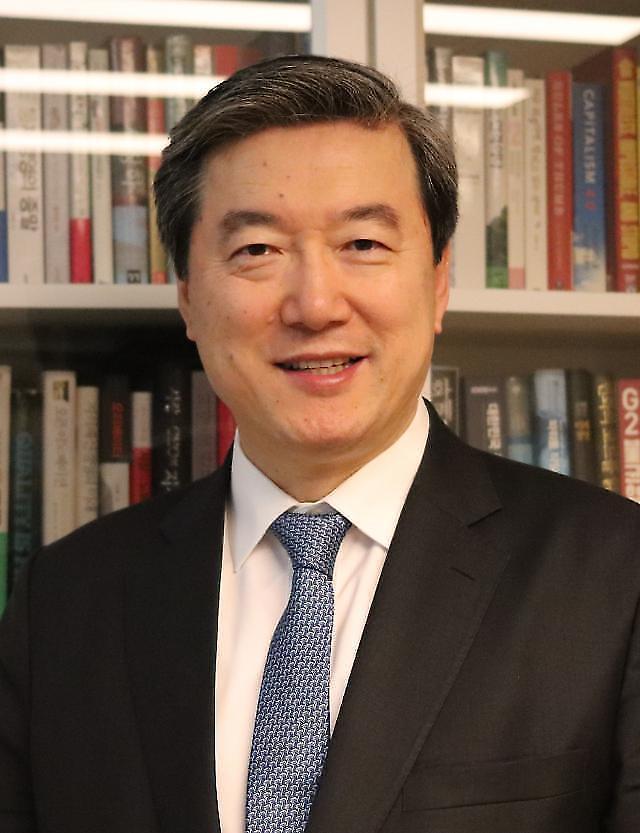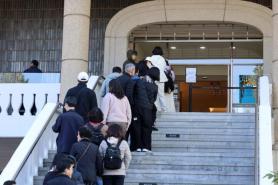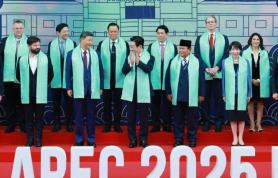
SEOUL, November 07 (AJP) - Last week, the world’s attention turned to Gyeongju, where U.S. President Donald Trump and Chinese President Xi Jinping met on the sidelines of the APEC summit.
The two leaders agreed to ease trade and resource tensions, offering a glimmer of hope for the global economy. Yet the thorniest issues — Taiwan, security, and the future of global supply chains — remain unresolved.
Their meeting, the first since the 2019 G20 summit in Osaka, suggests a possible thaw in U.S.-China relations, and global markets have responded enthusiastically. The KOSPI and Nikkei indices both hit record highs, reflecting renewed investor optimism.
For South Korea, whose economy depends heavily on trade and technology exports, these developments carry both opportunity and risk. As the global order shifts, Seoul must prepare for a more volatile environment shaped by the enduring U.S.-China rivalry. Crafting flexible economic and security strategies will be essential to navigate the uncertain years ahead.
Recent summits have clarified South Korea’s diplomatic landscape. The South Korea-U.S. summit settled tariff negotiations and strengthened defense cooperation, providing a lift to the stock market. Meanwhile, the South Korea-China summit restored dialogue on trade and economic collaboration, improving bilateral ties that had frayed in recent years.
Now, five months into the Lee Jae Myung administration, responding wisely to the Trump administration’s evolving policies will be critical. South Korea must strengthen its alliance with Washington while also deepening pragmatic engagement with Beijing. The goal should be strategic autonomy — building the ability to stand apart from either camp through technological and industrial differentiation.
Investment in research and development should be at the core of this strategy. Taiwan’s TSMC offers a compelling example: by dominating the global semiconductor market, it has made itself indispensable to both the United States and China.
South Korea’s own champions, SK hynix and Samsung Electronics, are global leaders in high-bandwidth memory (HBM) chips, vital for artificial intelligence applications. Continued investment in next-generation technologies such as Compute Express Link (CXL) and Processing-In-Memory (PIM) could ensure Korea’s long-term leadership.
At the same time, Seoul must reassess its relationship with China. Exports to China — once a key growth engine — have declined as Beijing pushes for greater technological self-sufficiency. The recent summit’s pledge to restore cooperation should lead to new export strategies, particularly in high-value sectors like eco-friendly materials and advanced chemicals.
Consumer industries, too, hold promise: South Korea’s global cultural influence through K-pop and entertainment can help expand its soft power and market reach.
Amid intensifying competition between the world’s two superpowers, South Korea faces a pivotal moment. By strengthening competitiveness, investing in innovation, and pursuing a clear-eyed strategy of autonomy, it can transform today’s challenges into opportunities for sustainable growth.
About the author
Joo Young-seop is a professor at Seoul National University and president of the Korea Digital Innovation Association. He holds a Ph.D. in industrial engineering from Pennsylvania State University and previously served as CEO of Hyundai Autonet and the chief of the Small and Medium Business Administration.
* This article, published by Aju Business Daily, was translated by AI and edited by AJP.
Copyright ⓒ Aju Press All rights reserved.




